TRANSFORM YOUR TEAM'S SEASON WITH PROFESSIONALLY PLANNED SESSIONS
Use our expert plans or build your own using our library of over 700+ drills, and easy-to-use tools.
JOIN NOWWe have open this thread to continue the discussion on Player Empowerment started in the Coaches Hot Tip in this month's newsletter.
If you missed it, here it is again.
There is no doubt that if you want your team to be successful, you need the players to make decisions on the pitch for themselves. We know that if a team is used to getting the answers to problems on the field from the coach, it will mean that they will hesitate and look to the touchline before commiting to an action and that, of course, will be far too late! The coach can still influence things but once the game has started it is a fairly minimal influence, during the game it must be the players who react to situations as they happen and make decisions immediatley.
Therefore, it is essential to have leaders in the team who feel confident about making decisons in the heat of the battle. They need to know that even a wrong call is better than no call. They should feel that their coach will support them in making a call and, if it was not necesarily the best decision, will help them make a better one next time without being too critical.
Ideally, the leaders and decision makers will be at key positions in the team where they can communicate with other players as well as influencing play themselves. Key positions are Numbers%3A 2; 4/5; 8; 9; 10 and 15. This is often referred to as "The Spine or Backbone" of the team. This is not to say that a good captain and leader can't be in another position but if they are, for instance an 11 or 14, they will need good co leaders in the key positions to communicate their decisions during a game.
To develop this spine to operate as leaders, the coach should involve these players in discussions about how the team are playing - making them feel some ownership and responsibility for the teams performance. They could also be involved in unit practises, for instance the 2 and 8 could occasionaly lead part of a line out practice, once the coach has agreed with them what the practice needs to achieve. The coach is not giving the players complete control but rather, allowing them to be involved in the process of team development.
Obviously, the age and ability of your team can affect how far along this path you can go but, even with players as young as Under 8's, I have found that delegating some responsibility is a really effective way to build a cohesive and well functioning team!
Let me know your thoughts on this type player empowerment.
Good luck
Simon
Dear Simon,
I fully adhere to this method, I have been coaching Kuwait Nomads Under 16's for the past six years, and I am a strong believer in allowing not just the skipper and pack leader to get involved but everyone on the team. My Skipper who is my number 8 is also a level 1 IRB coach, and this season by allowing him to lead warm ups, take control in the line outs and scrum, I have seen a marked improvement in our style and commitment to the game.
Best wishes
Robin Killner
Kuwait Nomads under 16 coach.
- submitted by email
Simon,
After having listened to Robbie Deans talk at a coaching seminar recently in Sydney, and given his track record, the more players can be involved in the coaching/learning process the better. What the coach has to assess is where he/she needs to step in, to make some critical changes/ suggestions and how that is done in a constructive way.
If players know from the outset what the coach is trying to achieve, and just as importantly the coach knows what the players want to achieve from the season, then common goals can be worked on. If the coach is super competitive and wants to win the premiership as the only goal, and the team only wants to play "competitive social" rugby, and winning is a secondary issue, then the season will not be "successful" for either party.
So I would see the keys as
Thank you,
Sincerely,
Gordon Williams.
-submitted by Email

in more ways than one
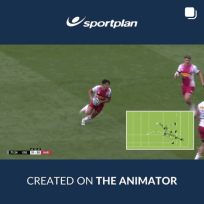

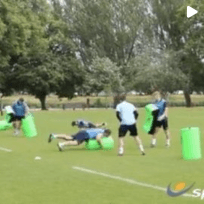
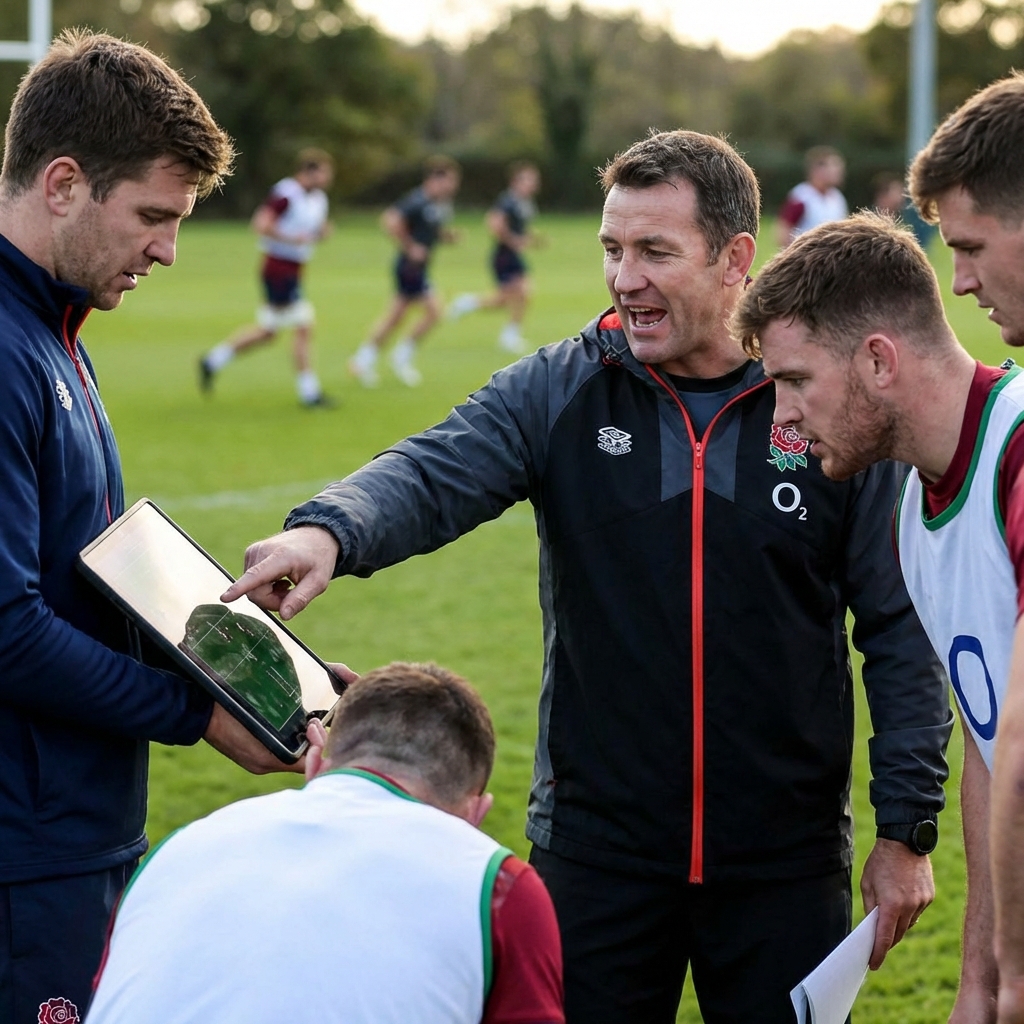
From France's collision dominance to England's folding defence - what grassroots coaches can learn from the 2026 Six Nations.
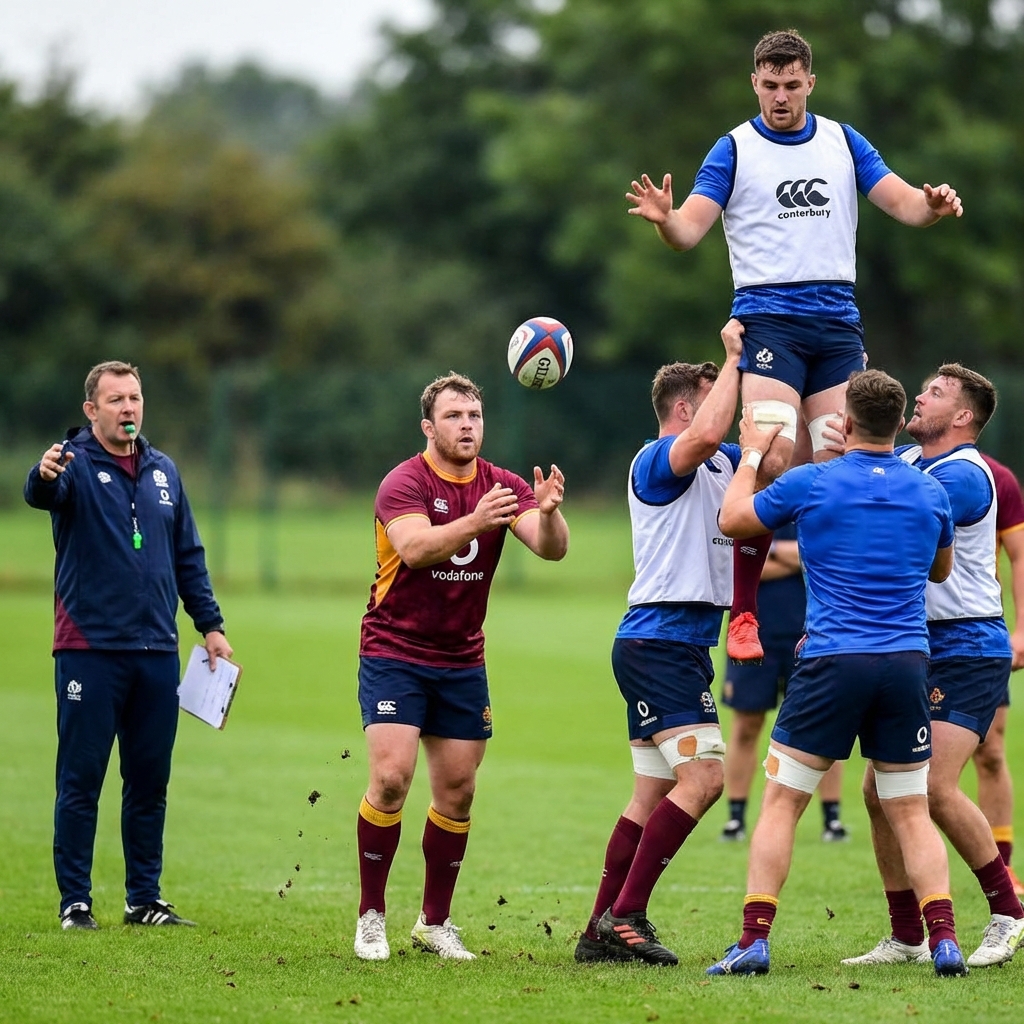
The removal of "not-straight" on uncontested lineouts transforms your set-piece options. Here's how to exploit the new rule.
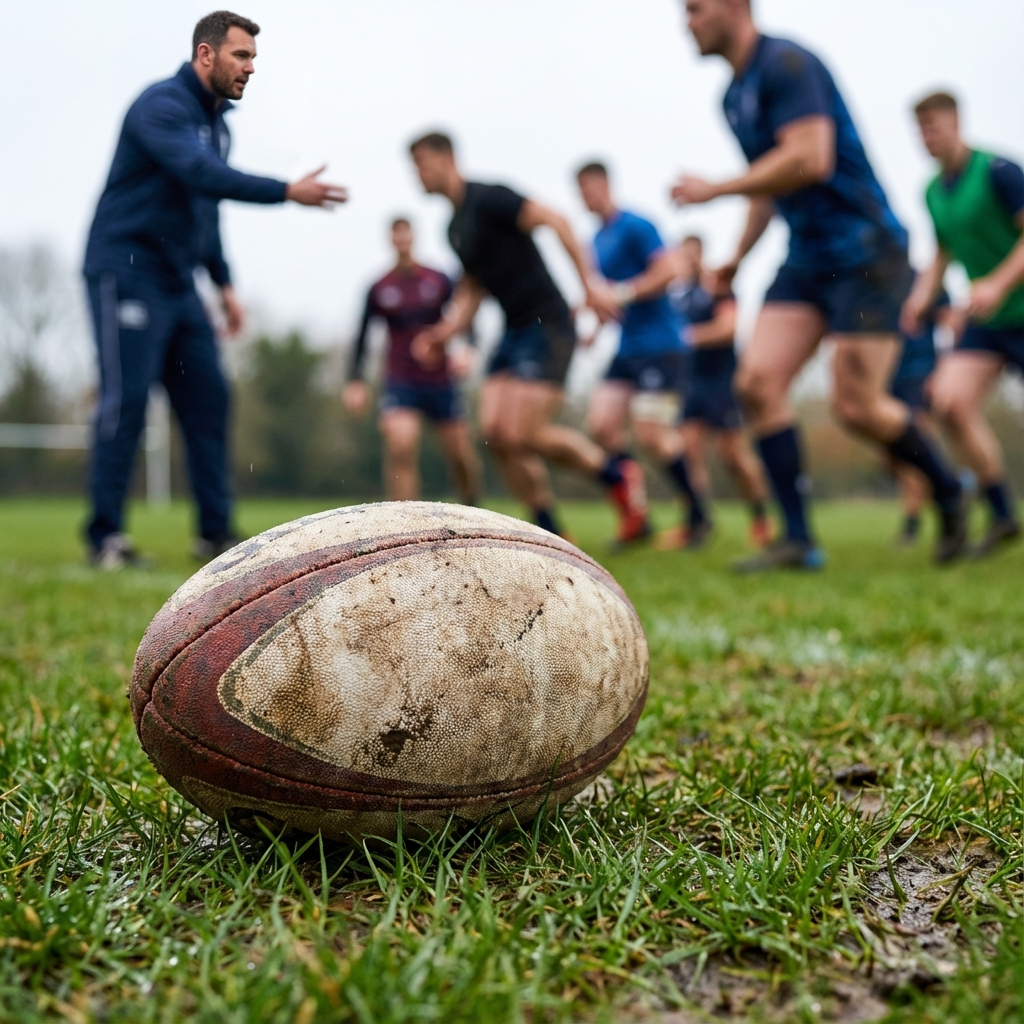
2026 brings revolutionary changes to international rugby: a brand new global tournament, historic tours, and law changes that will reshape the game. Here's everything coaches need to know.
Use our expert plans or build your own using our library of over 700+ drills, and easy-to-use tools.
JOIN NOW